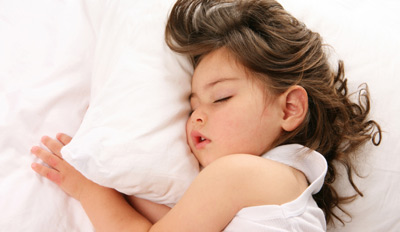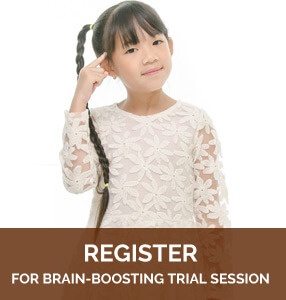
Photo Credits: X
If you’ve noticed that your temper is worse when you are tired, imagine what that can do to a child, who cannot fully express themselves. Sleep deprivation does not just turn a child cranky or simply leads to tantrums, your child’s attention and focus will be affected as a result, and this will reflect in their behaviour and learning.
Why Nap?
Well sleep is a form of memory enhancement. When sleeping, children convert recent experiences into memories for children. Tired children have been found with decreased verbal skills, attention troubles, and poorer abstract reasoning. Mood swings in the form of irritability, hyperactivity, aggressiveness, and impulsive behaviour are often a tell tale sign of sleep deprivation or tiredness.
According to Kahlenberg, studies have shown that children who nap have a longer attention span and less temperamental. Dowshen (2013) has also mentioned that well rested children settled down to sleep faster than overtired children, who are fidgety and restless and have a tendency to wake through the night
So how do we go about the napping process?
A compilation of some tips:
- Stick to the same nap routine each day, but be flexible on special occasions.
- Do not wait for your child to be asleep before putting them to bed
- Encourage your child to sleep in his own bed.
- Keeping the child up till wee hours will affect daytime naps.
- Keep the room as quiet and dark as possible.
- Instead of ‘forcing’ a child to take a nap, offer a choice such as “Would you like to take a nap now or in 5 mins?
See the following table for recommended napping hours.
Age |
Frequency |
Duration (hrs) |
3 months |
3-4 |
2-4 hrs. |
6 months |
2 |
1-3 hrs. |
12-18 months |
1-2 |
1 hr. morning and/or 1-3 hrs. afternoon |
2-3 years |
1 |
1-3 hrs. afternoon |
4-5 years |
1 |
1 hr. sleep or quiet time |
5-6 years |
0-1 |
1 hr. sleep or quiet time |
Do know that most children stop napping by the age of 5, so it is advisable to let your child’s napping habit slowly fade away. As parents, do not feel stressed or bounded to a fixed sleep routine, as you can choose to instil some quiet time in place of that. Cheers!
Resources:
Recbecca R. Kahlenberg. Nap Time. Parents Magazine. Retrieved from: http://www.parents.com/kids/sleep/naps/baby-nap-time/?page=1
Sharlene K. Johnson. “I Don’t Wanna Nap!” Parents Magazine. Retrieved from: http://www.parents.com/toddlers-preschoolers/sleep/naps/i-dont-wanna-nap/?page=1







